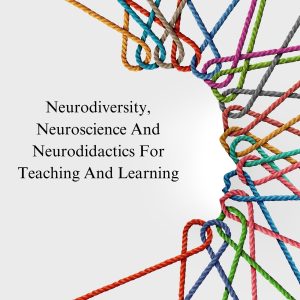
Course Description
This 5-day course explores the principles of neuroscience and their application to teaching and learning, with a focus on neurodiversity and inclusive practices. Participants will learn about the brain’s structure, functions, and processes that influence learning, including neuroplasticity, memory, attention, and motivation.
The program also highlights the role of emotions and social interactions in education, offering strategies to create supportive and engaging learning environments. Each day features interactive activities, group discussions, and practical exercises to help participants apply neuroscience insights to their teaching practices.
By the end of the course, educators will have a clear understanding of how to integrate neuroscience concepts into curricula, foster student engagement, and support diverse learners effectively.
Methodologies Of The Course
The course will utilize a mix of interactive workshops, group discussions, case studies, role-playing, and practical exercises. Participants will engage in collaborative learning to maximize their understanding and application of the concepts discussed.
Learning Outcomes
Course objectives:
Outcomes:
Type of Certification Awarded
1. Certificate of Attendance
2. Europass Certificate (if requested)
Our courses are designed and delivered in compliance with the quality standards of the Erasmus+ Key Action 1 Quality Standards for Courses.
Schedule of the activities
Online Meeting Program
– Meeting with the trainer
– Presentation of info pack
– Q & A session
Copyright All Rights Reserved. Design & Developed by Themeignite
WhatsApp us